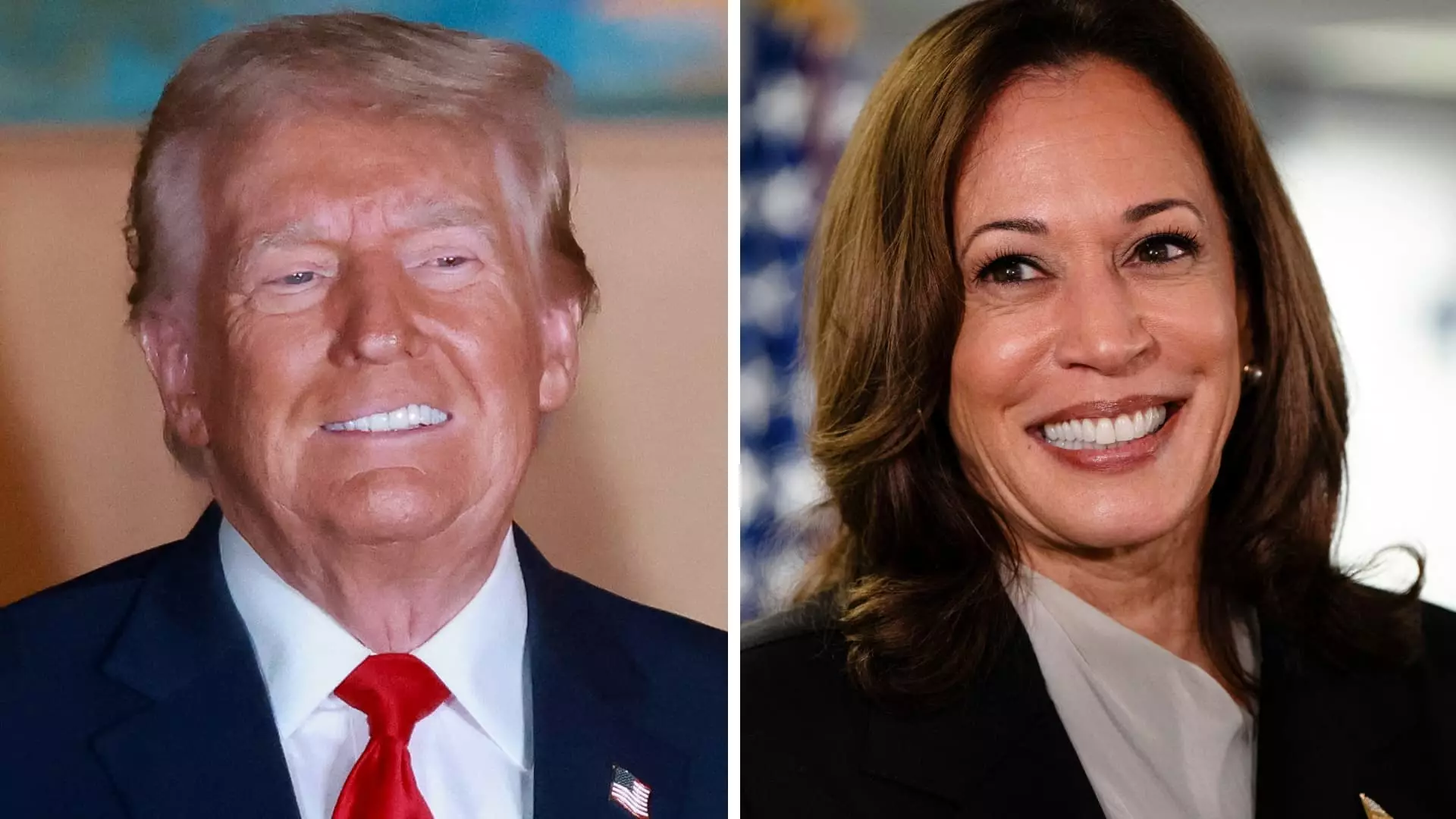The political landscape in the United States is inextricably tied to the financial contributions of its wealthiest citizens. August saw a marked increase in donations to super PACs as election season gains momentum, highlighting the significant role of major donors in shaping political narratives. August’s reports filed with the Federal Election Commission (FEC) detail a lobbying dance that underscores the financial power dynamic, with super PACs serving as forums for political megadonors to flex their wallets for both Republican and Democratic initiatives.
Among the prominent contributors to Republican super PACs, one name stands out: Diane Hendricks, a billionaire from Wisconsin with notable ties to the roofing industry. Her staggering $10 million donation to MAGA Inc., a leading super PAC supporting former President Donald Trump, exemplifies the degree to which individual contributions can sway political outcomes. As a veteran megadonor, Hendricks’ involvement is emblematic of the growing trend where the elite few play a pivotal role in funding political campaigns, often amplifying their own interests in the political arena.
Other significant donors to MAGA Inc., like Howard Lutnick, the CEO of Cantor Fitzgerald, and Paul Singer, president of Elliott Management, also contributed $5 million each. The influx of such large sums reveals not only the importance of super PACs in modern campaigning but also showcases a network of wealthy individuals rallying around a shared ideological front. Additionally, smaller but still impactful donations from figures such as Annette Caldwell Simmons and Warren Stephens illustrate how these contributions can aggregate to create substantial financial backing for political candidates.
Democrats’ Digital Dominance
The Democratic scene presents a slightly different picture, where tech entrepreneurs dominate the donor landscape. Super PAC FF PAC (Future Forward), supporting Vice President Kamala Harris, benefited from significant contributions from notable figures such as Dustin Moskovitz of Facebook, Reed Hastings from Netflix, and Twilio’s Jeff Lawson and his wife, Erica. Moskovitz’s $3 million donation not only emphasizes the tech industry’s influence over Democratic politics but also exemplifies how the new generation of wealth is beginning to shape the political discourse in the U.S.
Interestingly, Hastings, a prominent Democratic donor, called publicly for President Biden to consider stepping aside for the 2024 election, an unusual stance for someone deeply entrenched in party funding. This reflects a duality in the political financial realm, where donors can simultaneously support candidates and advocate for significant shifts in leadership, thus holding considerable sway over party dynamics.
The lack of contribution limits for super PACs contrasts starkly with traditional campaigns, where spending caps inhibit individual donations. This regulatory environment effectively turns super PACs into sanctuaries for wealthy donors, as evidenced by the scale of their donations. Such a system raises questions about the integrity of democratic processes, permitting a small group to commandeer substantial influence in political campaigns. As reported, Club for Growth Action, a conservative super PAC, also reaped the benefits of this setup by securing dual $5 million donations from established GOP backers Jeff Yass and Richard Uihlein.
While on the flip side, Democratic groups are not without their high-profile donors. For example, the House Majority PAC received a noteworthy $600,000 from Amos Hostetter Jr., showing that even conservative-super PACs have rivals on the Democratic front. However, such contributions remain significantly lower than those seen in Republican Super PACs, hinting at broader disparities in fundraising capacities.
As candidates ramp up their efforts leading into the 2024 elections, the role of wealth in politics is expected to intensify. The August contributions paint a vivid picture of how deeply interconnected financial might and political ambition have become. With the growing tendency for the elite to influence electoral outcomes, many Americans may increasingly view the process as one dominated not by public sentiment but by the wallets of a few wealthy individuals.
The evolving relationship between money and politics frames a crucial narrative regarding the integrity and equity of elections in America. As super PACs continue to operate as financial powerhouses, the implications of these outsized donations for democracy and voter representation remain a pressing concern for the electorate in the coming years.

